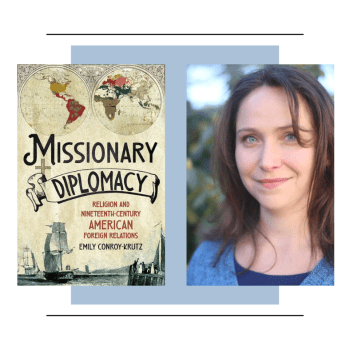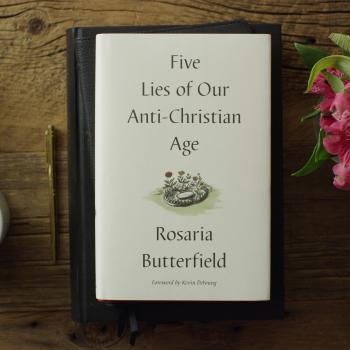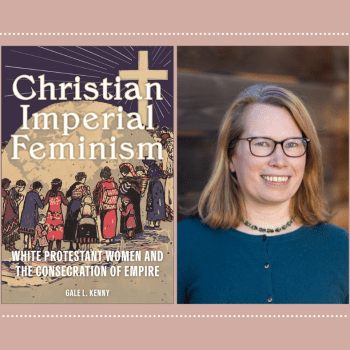A reader and friend asked me recently about a key issue in the writing process:
I feel like I need to read everything, then write, and even then, I’m unsure of when to have outlined and when to have allowed my new research to impact whatever working outline I may have going. I would love to know what your preparation and execution looks like on a longer project such as a book or journal article.
Writers often get paralyzed by the feeling that you need to “know everything” before you write. Thus you delay writing too long.
My philosophy is that you should have as small a gap as possible between reading and actually writing. In fact, I don’t typically use an outline at all, because it tends to impose an artificial order on an article/chapter. It can become a barrier as much as a help.
I often don’t know what I am going to write until I actually start writing. Of course, I have a general idea of the topic on which I am writing – for example, right now I am writing a chapter on Ben Franklin’s time in France in the 1770s and ’80s. I know when he left and came back, and I know some key issues I’m looking for (Franklin’s connections with French skeptics like Voltaire, his “friendships” with French ladies, etc.). But I don’t have all of this mapped out in exact detail before I start writing it. I write as I map it out.
I typically have 4 or 5 key books on the subject sitting on my desk as I write such chapters, plus the relevant volumes of the Franklin Papers, and open tabs for any articles I need. I read through these accounts of Franklin as he leaves for France, secures the French alliance in 1778, and so forth. I write as I find the most enticing details that relate to the overarching story I’m telling (Franklin’s religious views). If I read extensively, make outlines, and take notes way before writing, much of that work ends up forgotten or left behind. It’s more efficient to go ahead and write as I research.
One BIG caveat is that as a doctoral student I developed basic scholarly expertise in the history of the American Founding and eighteenth-century religion. I draw on this all the time in conscious and unconscious ways. I know the essential timeline of how the Revolutionary crisis played out – I don’t need to remind myself when and how the Stamp Act, Tea Party, opening battles, and Declaration all fit in. If I was trying to write a book on a topic where I did not know a lot of that foundational information (say, if I wrote a biography of Augustine), I would need to start by doing more background reading that was not immediately tied to writing.
This is a primary reason why history Ph.D. students in America do five semesters of coursework, and then take comprehensive examinations. It gives you that baseline knowledge, which you bring into your teaching and writing. If you do not have graduate training in the field in which you’re writing, getting up to speed on the details will take more time.
Note that I cover these kinds of issues more often in my newsletter than here at Patheos – sign up for the newsletter below.
[Friends, you can sign up here for my Thomas S. Kidd author newsletter. Each newsletter will update you on what’s happening in my writing and offer thoughts on the best practices for productivity. It will contain unique material available only to subscribers, and each will help you keep up with my blog posts, books, and other items from around the web. Your e-mail information will never be shared. Thanks!]
















